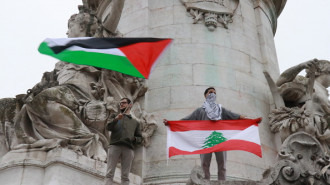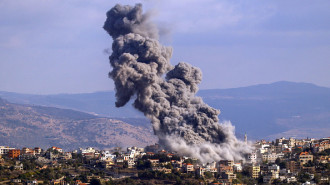UN Security Council calls for 'lasting ceasefire' in Libya
The UK-drafted text was approved by 14 votes out of 15, with Russia abstaining even though President Vladimir Putin was one of the 12 leaders who agreed to the plan at a conference in Berlin on January 19.
It was subject to weeks of wrangling, reflecting deep international divisions over Libya despite world leaders recently agreeing to end all foreign interference in the country and to uphold a weapons embargo.
The resolution affirmed "the need for a lasting ceasefire in Libya at the earliest opportunity, without pre-conditions".
It also expressed "concern over the growing involvement of mercenaries in Libya".
Russia had pushed to replace the word "mercenaries" with "foreign terrorist fighters".
Moscow has been accused of shipping mercenaries to fight alongside rogue general Khalifa Haftar, whose self-styled Libyan National Army (LNA) has been fighting to seize the capital Tripoli since April last year.
The UN has alleged that backers of both Haftar and the internationally recognised Government of National Accord (GNA) have repeatedly broken an arms embargo on the country.
A ceasefire brokered by Turkey and Russia was agreed on January 12 but there are still near-daily clashes near Tripoli. Arms continue to flow into the country despite assurances to the contrary from international leaders last month at a Berlin peace summit.
Read more: A political solution in Libya seems impossible, so what now?
Russian Ambassador Vassily Nebenzia said he abstained from Wednesday's vote because Moscow has "serious doubts" about whether the resolution can be implemented and end the war between rival parties "in the way we'd like to see it".
"Events will show us who was right," he said. "And if the resolution will have a positive impact in resolving the conflict I will be the first to acknowledge I was wrong."
British Ambassador Karen Pierce countered that "the resolution is viable", saying all it does "is give concrete expression to the commitments that leaders adopted at Berlin - and that included adoption by President Putin".
"We all want to see it implemented," she said.
Haftar blocks UN flights
|
|
Also on Wednesday, the UN condemned the obstruction of its flights into Libya by forces loyal to Haftar, warning of "severe consequences" to its humanitarian efforts.
The UN "regrets that its regular flights, which transport its staff to and from Libya, are not granted permission by the LNA to land in Libya", the UN mission in the country, UNSMIL, said in a statement.
UNSMIL, the majority of whose staff are based in Tunis, added that "this practice has been repeated on several occasions in the past weeks".
Mitiga airport, the only functioning airport in the capital Tripoli, has been regularly closed due to airstrikes blamed by the UN-recognised GNA on pro-Haftar forces.
LNA spokesman Ahmed Mismari said on Wednesday that the UN would have to use other airports, such as the Misrata airbase.
The safety of Mitiga airport cannot be guaranteed as Turkey is using it as a military base, Mismari said according to Reuters.
Earlier this year, Ankara dispatched military advisors to assist the Tripoli-based government of which it is a major backer.
Jean Alam, UNSMIL spokesman, told AFP that the agency was "not receiving security assurances from the LNA for landing of aircraft in western Libya".
The UN said it was "very concerned that preventing its flights from travelling in and out of Libya will severely hinder" its work, in particular to "provide the much-needed humanitarian assistance to the most vulnerable" civilians.
Follow us on Facebook, Twitter and Instagram to stay connected

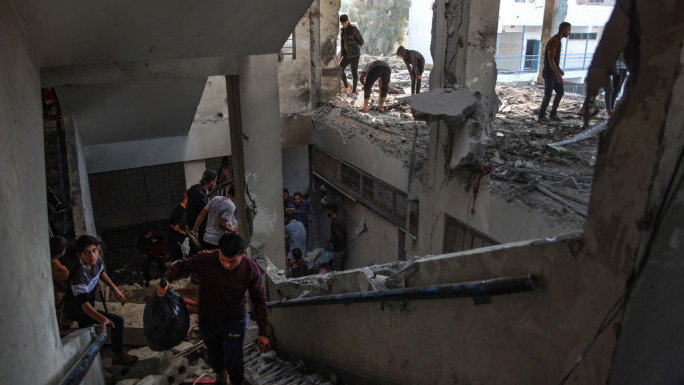
![President Pezeshkian has denounced Israel's attacks on Lebanon [Getty]](/sites/default/files/styles/image_684x385/public/2173482924.jpeg?h=a5f2f23a&itok=q3evVtko)

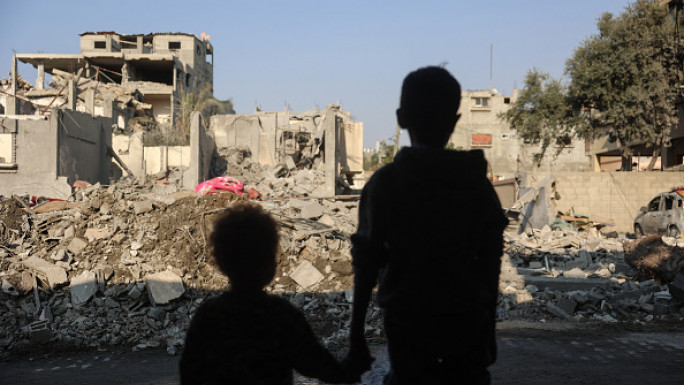
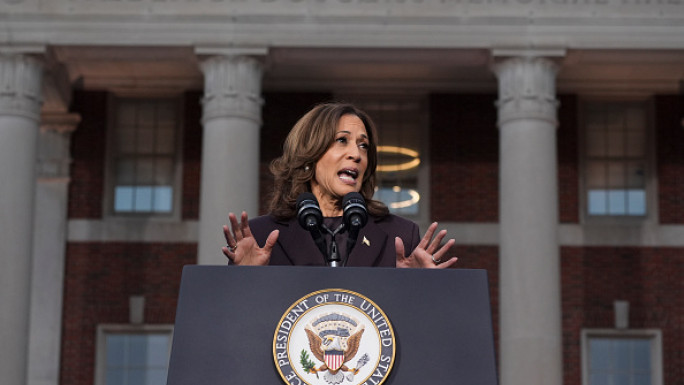
 Follow the Middle East's top stories in English at The New Arab on Google News
Follow the Middle East's top stories in English at The New Arab on Google News
